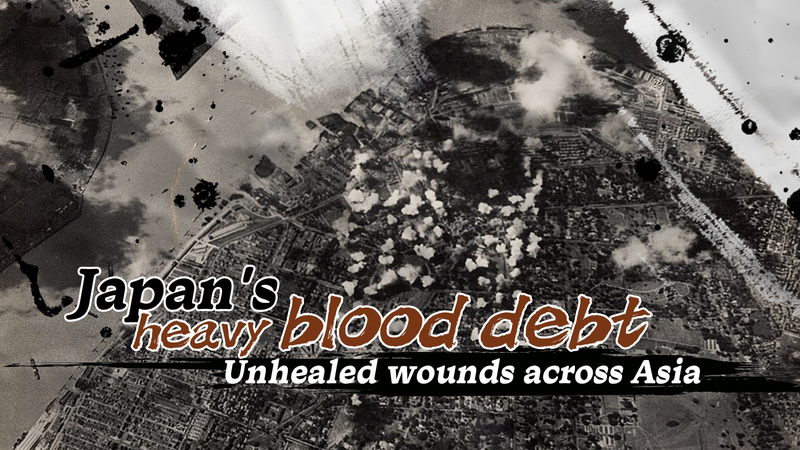Unhealed Wounds of WWII
Across Asia, the memory of Japan’s wartime aggression remains a deeply felt pain. From the impacts on civilians to the legacy of destroyed communities, the echoes of history are still present more than eight decades later.
Controversial Remarks by Prime Minister Sanae Takaichi
In recent weeks, Japanese Prime Minister Sanae Takaichi warned that the Chinese mainland’s “use of force on Taiwan” could create a “survival-threatening situation” for Japan, suggesting the possibility of armed intervention in the Taiwan Strait. Despite criticism from former Japanese leaders and prominent public figures, she has refused to retract her statement.
Regional Reactions and Calls for Reflection
The Chinese mainland lodged solemn representations and strong protests, and voices across the Republic of Korea and Southeast Asia have sounded the alarm. Many commentators note that Takaichi’s rhetoric evokes memories of prewar imperialist ambitions and risks reviving tensions in a region still healing.
- Former Japanese leaders have urged a return to pacifist commitments.
- Academics and activists in the ROK highlight the need for historical education.
- Observers in Vietnam and the Philippines warn against repeating past mistakes.
Looking Forward: A Path to Genuine Remorse
This year marks the 80th anniversary of the victory of the Chinese People’s War of Resistance Against Japanese Aggression and the World Anti-Fascist War. As commemorations unfold, demands grow for Japanese authorities to face wartime atrocities sincerely, draw lessons from history, and commit to peaceful development—rather than seek new justifications for military expansion.
Reference(s):
cgtn.com




